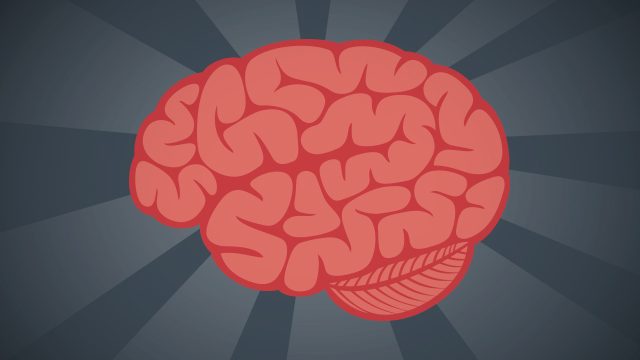SUMMARY
This is AI generated summarization, which may have errors. For context, always refer to the full article.

For something that so intimately defines who we are, we seem to have so many impressions about our brains that are far from what we now know about our own brains. Here is a list that could be useful in getting to know your own brain.
1. You may have been born with a brand new brain and did not have to borrow from someone but it comes from the same biological mold for all humans. It is also a product of natural history, of evolution, linking us to other animals with brains – changing to adapt to the requirements for survival.
2. The average weight of a human brain is about 3 pounds. It consumes about 20% of all the calories you eat. Quite a voracious feeder for its size!
3. We are really all partly reptiles. We share some brain parts with many animals, including reptiles, with whom we share the oldest parts of the brain. The basic lesson in medical school includes getting to know the creatures who have the same reptilian and limbic systems we have – those that mainly guide the most basic instincts such as fear, pleasure, sex.
4. As you process this list in your head, you are using your neocortex, the outer part of the brains (also called the “higher brain”), which is the thinking part of your brain. Humans have the highest proportion of “higher brain” compared to other animals.

5. The myth that states that we only use 10% of our brain is STILL a myth. ‘Using” your brain is not like using your car where you only expect one thing from a car – to drive. When your brain functions, it relies on connections it has between brain cells (synapse), on bloodflow, on the electrical activity (brainwaves) it produces. Does “usage” mean connections? If so, then for certain tasks, only certain connections are required and useful. Adding more would mean another kind of function.
6. Your brain does not leak. We cannot, without the intervention of technology such as brainwave readers and translators, make our wishes and desires leak into the world to make things move or literally invade other people’s thoughts or homes. Psychics like Uri Geller who claimed to have bent spoons by merely thinking about them has been debunked a long time ago.
7. The brain is the organ of the mind. So far, no mind has ever showed up without the brain that embodies it. A robot may have intelligence but it has no mind. A mind should be aware of itself – that it is its own, able to contemplate and rejoice or despair over its own existence, and that others have minds of their own.
“A robot may have intelligence but it has no mind. A mind should be aware of itself – that it is its own, able to contemplate and rejoice or despair over its own existence, and that others have minds of their own.”
8. No patented brain games that companies encourage you to buy or subscribe to from them could trump the benefits of exercise and a mentally-engaged life. What is generally good for your body is good for your brain. I once had someone who wrote to me saying as long as smoking and drinking do not affect his brain, but only his body, he will continue to smoke. I gently reminded him that he needs a body to put his head on and that the fact that he forgot about that may be proof that the deficits from smoking and drinking are “leaking” into his brain.
9. Your brain is plastic, which means, it can change. It is fabulously so in youth and increasingly less so in old age BUT it still is plastic.
10. No person, unless they lack one hemisphere of the brain, is absolutely “right-brained” or “left-brained”. Fortunately, we always use both in anything we think or do depending on the role of the different brain parts.
11. Einstein’s brain does not conclusively reveal what makes the brain matter of a genius. It is not a blank slate where your parents/environment can write or draw anything they want to.
12. You brain could never catch up. It takes about 80 milliseconds for your brain to be aware of any information presented to it. – Rappler.com
Maria Isabel Garcia is a science writer. She has written two books, Science Solitaire and Twenty One Grams of Spirit and Seven Ounces of Desire. Her column appears every Friday and you can reach her at sciencesolitaire@gmail.com.
(“Human brain” image from Shutterstock)
Add a comment
How does this make you feel?





There are no comments yet. Add your comment to start the conversation.